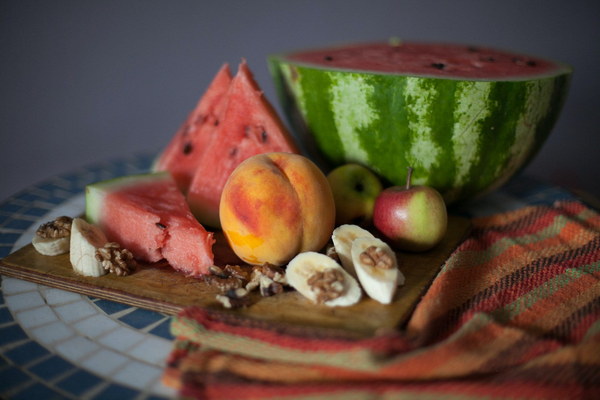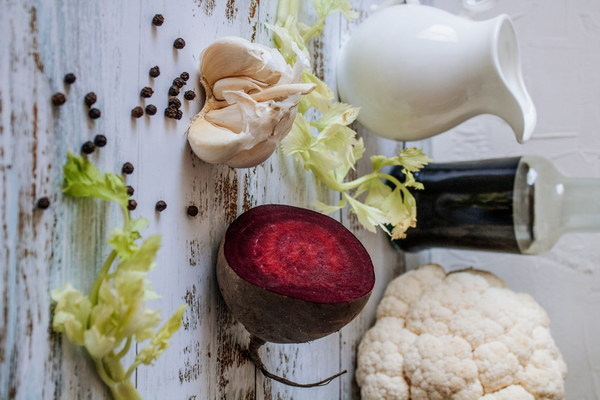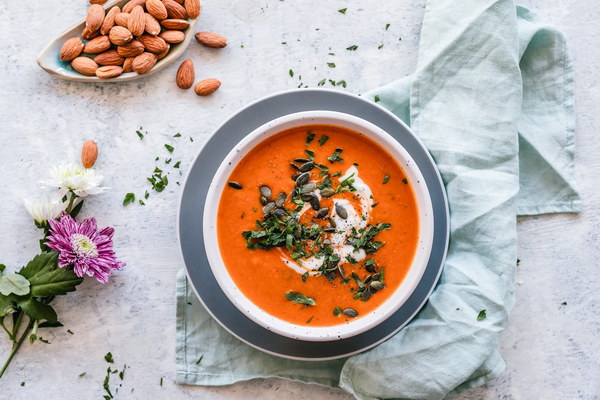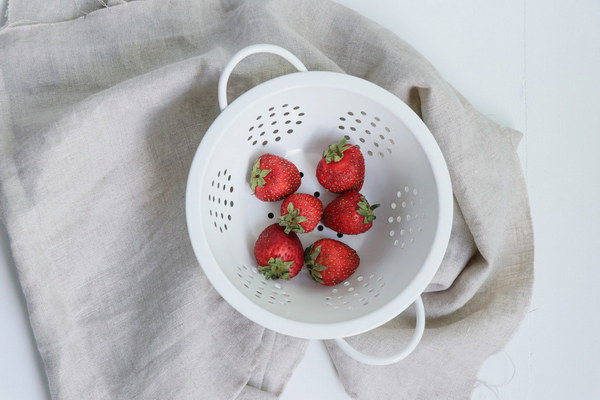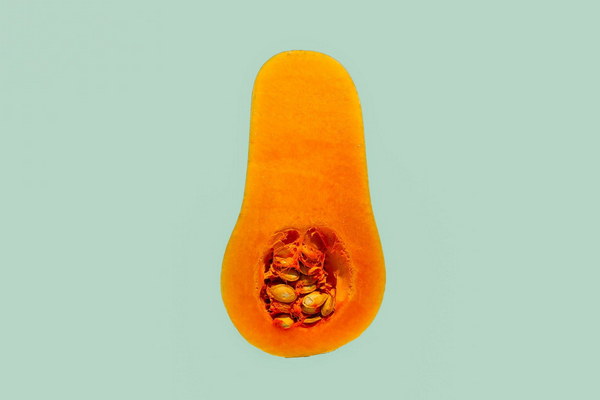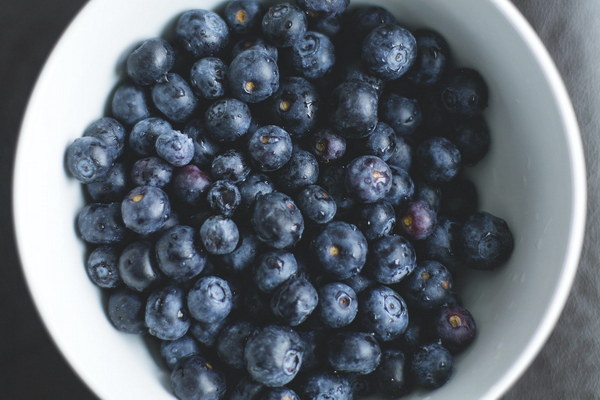Nourishing Pregnancy A Comprehensive Guide to the Best Foods for Expecting Mothers
Embarking on the journey of pregnancy is an exciting yet delicate phase in a woman's life. It's a period where the body undergoes significant changes to nurture the growing life inside. One of the most critical aspects of pregnancy is nutrition, as it plays a pivotal role in the health and development of both the mother and the baby. This comprehensive guide delves into the world of pregnancy nutrition, exploring the best foods for expecting mothers to ensure a healthy and joyful pregnancy.
The Basics of Pregnancy Nutrition
The foundation of a healthy pregnancy diet is balanced and varied. It's essential for pregnant women to consume a wide array of nutrients to support the baby's growth and the mother's overall well-being. This includes a sufficient intake of calories, proteins, vitamins, minerals, and other essential nutrients.
Calories and Protein: The Building Blocks
During pregnancy, a woman's caloric needs increase to support the baby's development. On average, an additional 300-500 calories per day are recommended. These extra calories should come from nutritious sources such as whole grains, lean proteins, and healthy fats.
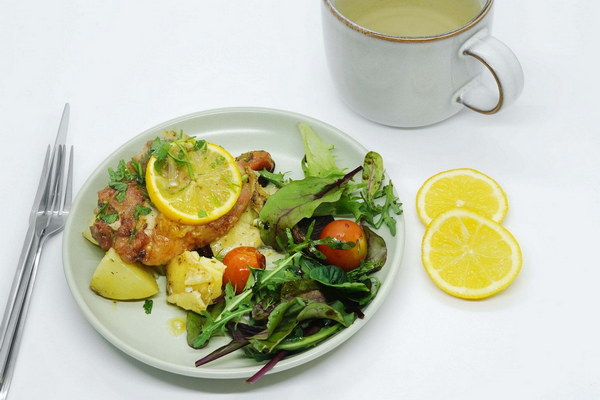
Protein is particularly crucial during pregnancy, as it aids in the baby's growth and development. Good sources of protein include lean meats, poultry, fish, eggs, dairy products, legumes, nuts, and seeds. It's important to consume about 71 grams of protein daily during pregnancy.
Vitamins and Minerals: The Vital Support System
Several vitamins and minerals are vital for a healthy pregnancy. Here are some key nutrients and their food sources:
- Folic Acid: This B-vitamin is essential for preventing neural tube defects in the developing baby. It's recommended that pregnant women consume 400-800 mcg of folic acid daily. Excellent sources of folic acid include leafy green vegetables, beans, fortified cereals, and citrus fruits.
- Iron: Iron helps prevent anemia, which can lead to fatigue and a weakened immune system. Expecting mothers should aim for about 27 mg of iron daily. Good sources of iron include lean red meats, poultry, fish, beans, lentils, and iron-fortified cereals.
- Calcium: Calcium is vital for the baby's bone and teeth development. It's also essential for the mother's bone health. The recommended intake is about 1,000 mg of calcium per day. Dairy products, leafy green vegetables, and fortified foods are rich in calcium.
- DHA: Docosahexaenoic acid (DHA) is an omega-3 fatty acid that supports the baby's brain and eye development. It's recommended that pregnant women consume at least 200-300 mg of DHA per day. Fish, such as salmon, mackerel, and sardines, are excellent sources of DHA.
- Iodine: Iodine is necessary for the baby's brain development. The recommended daily intake is about 220 mcg. Iodized salt, seafood, dairy products, and eggs are good sources of iodine.
Foods to Avoid During Pregnancy
While certain nutrients are crucial for a healthy pregnancy, some foods can pose risks to the mother and baby. It's best to avoid or limit the following:
- Undercooked or Raw Meats: These can contain harmful bacteria such as listeria and salmonella.
- Certain Seafood: High levels of mercury in seafood can harm the baby's developing nervous system. It's best to avoid shark, swordfish, king mackerel, and tilefish.
- Unpasteurized Products: These can contain harmful bacteria such as listeria and E. coli. It's important to avoid unpasteurized milk, cheese, and fruit juice.
- Excessive Caffeine: High caffeine intake has been linked to an increased risk of miscarriage and low birth weight. It's recommended to limit caffeine consumption to less than 200 mg per day (about one 12-oz cup of coffee).
Conclusion
Nutrition during pregnancy is a vital aspect of ensuring a healthy and joyful experience. By focusing on a balanced and varied diet, pregnant women can provide the necessary nutrients for their baby's growth and development. Remember to consult with a healthcare provider for personalized dietary advice and to address any concerns or questions regarding pregnancy nutrition. With the right nutrition, expecting mothers can look forward to a healthy pregnancy and the arrival of a beautiful baby.

